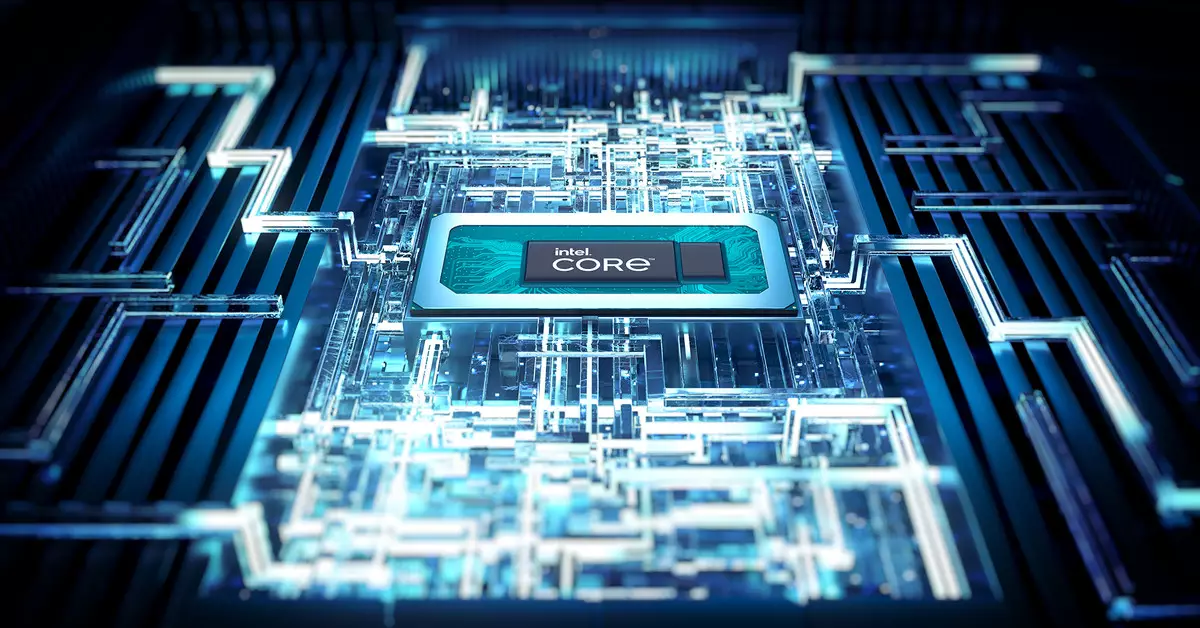After months of speculation, Intel has finally confirmed that its 13th and 14th Gen laptop chips are not susceptible to the same instability issue that has affected 24 flagship desktop chips. The company has assured users that the Vmin Shift Instability problem does not affect the laptop chips and that they are safe from any potential damages.
While Intel is still investigating the root cause of the crashes that some users have been experiencing, the company’s spokesperson, Thomas Hannaford, has stated that the laptop chips are not affected at all by the instability issue. This confirmation brings relief to users who have been concerned about the reliability of their devices.
Intel has provided a list of products that are not affected by the Vmin Shift Instability issue. This includes the 12th Gen Intel Core desktop and mobile processors, as well as the 13th and 14th Gen i5 and i3 desktop processors. Additionally, Xeon processors and Intel Core Ultra processors are also listed as unaffected by the issue.
While most Intel Core 13th and 14th Gen desktop processors are not impacted by the Vmin Shift Instability problem, Intel recommends that users ensure their systems are running the latest BIOS updates. Users can check for updates through Intel’s Compatibility Tool or their motherboard manufacturer’s website. Following the recommended Intel Default Settings for their processors is also advised to prevent any potential issues.
Future Chips
Intel has reassured users that its future chips, including those on the Arrow Lake and Lunar Lake architectures, will be protected against the Vmin Shift Instability problem. The company is committed to ensuring that upcoming product families are not affected by the issue, providing peace of mind to consumers.
For users who may have already experienced damage to their i9, i7, or K-series i5 desktop CPUs, Intel and PC builders are offering a two-year warranty extension to cover the issue. If your CPU is already damaged, it is recommended to contact Intel or your PC builder immediately for a replacement. Most PC makers have confirmed that they will honor the warranty extension, but users are encouraged to reach out if they encounter any issues.
Overall, Intel’s announcement regarding the unaffected status of its laptop chips and future product lines provides reassurance to consumers. By staying updated on BIOS updates and following Intel’s recommendations, users can continue to enjoy reliable performance from their Intel processors without worrying about the Vmin Shift Instability problem.


Leave a Reply